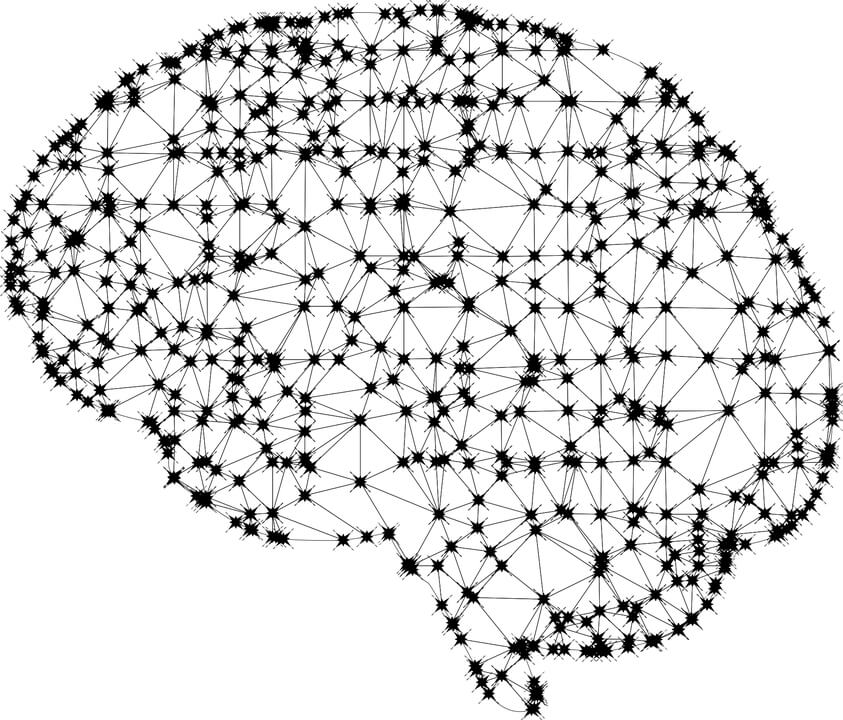A concussion can be the result of head trauma. There are many reasons that this might occur, including as a result of a direct impact on the head. It is possible that if one suffers a concussion they will essentially lose consciousness. They may experience a black out or become dizzy, but, the consequences of some concussions are dire and can lead to severe damages to the brain and other organs.
Sometimes these concussions lead to dizziness or headaches and loss of vision. Concussions can be extremely harmful for the body in some cases. The effects of this health condition can range from lasting a few hours, to months and years, sometimes even resulting in permanent injuries.
Concussions can severely affect the eyes and can lead to a variety of different eye related problems such as blurry-vision, photophobia, double-vision, diplopia, eye fatigue, etc. The most effective way to understand whether the concussion has affected your eyes is to see if the pupils are dilated.
Concussion adversely affects eye movements such as:
- Saccades: Moving gaze from one point to another quickly
- Focus: The ability to focus at one point
- Binocular Vision: to the ocular ability to perceive depth, 3D vision, stereopsis.
Most patients that suffered a concussion have reported difficulty in these tasks. There are also records of patients experiencing the halo effect and experiencing sudden dizziness. We observe and remember things by looking at them through our eyes; there are plenty of cases where patients often have difficulty remembering an instance in time, even if they were present there. As the eyes cannot focus and pay full attention to a particular aspect of an event, the brain completely fogs the memory.
The patient may also suffer from optic nerve damage in some cases. This happens because of the excessive stress and pressure building up in the skull at the time of impact, which pressurizes the optic nerves. This often results in choked optic nerves, preventing adequate blood circulation. There are some extreme cases that have reported a loss of vision due to choked optic nerves.
Retinal detachment is another issue that people suffering from a concussion may face. The retina helps capture the images from our eyes and send them to the brain through optic nerves. In some severe cases the brain injury results in patients bleeding into their retinas. This can sometimes be fixed with a surgical procedure, but in some cases it causes complete blindness.
The vitreous humor is a clear jelly-like substance in the eye, this is where the light entering our eyes first goes and then to the retina to create the images. In some cases the head injury causes the blood vessels in our eyes to bleed into the vitreous humor. Most often these clear up over time, with no permanent damage.
A concussion can have severe or minimal effects on the eyes and their functions. Do not ignore concussions no matter how mild. If you have suffered a concussion it is strongly recommended that you immediately consult your physician.




